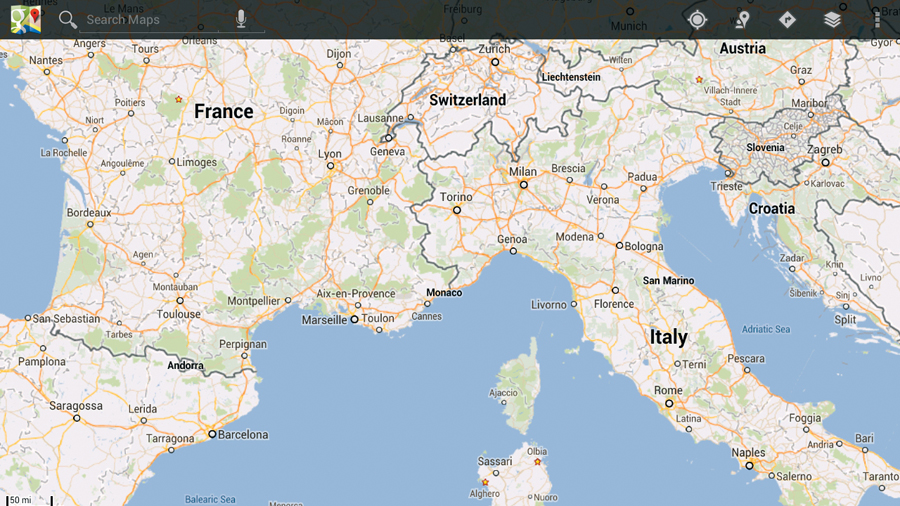Ex-Googler explains how Google Maps calculates your journey ETA
Unsurprisingly, it's a number of things

Google Maps' estimated journey times have always been a vital part of what makes the service such a useful travel tool, helping us decide when to leave and allowing us to notify friends of our ETA.
Now one ex-employee has revealed how the company decides how long it'll take you to get from A to B.
Posting on Quora, former Google engineer Richard Russell said a number of factors are in play, such as historical speed averages on roads, traffic data, and information it has gleaned from previous journeys.
"Like in similar products, Google maps ETAs are based on a variety of things, depending on the data available in a particular area," he wrote.
Historical and real time data
"These things range from official speed limits and recommended speeds, likely speeds derived from road types, historical average speed data over certain time periods (sometimes just averages, sometimes at particular times of day), actual travel times from previous users, and real-time traffic information.
"They mix data from whichever sources they have, and come up with the best prediction they can make. The companies who have access to the best usage data (ie those who are best able to compare their predictions against reality, which means those who have the most usage) are likely to end up with the best predictions in the medium to long term."
So there you have it. Google takes every bit of knowledge it can possibly come up with, throws it all into a melting point and comes up with an estimated journey time. Doesn't sound too complex now, right?
Sign up for breaking news, reviews, opinion, top tech deals, and more.
Via BGR
A technology journalist, writer and videographer of many magazines and websites including T3, Gadget Magazine and TechRadar.com. He specializes in applications for smartphones, tablets and handheld devices, with bylines also at The Guardian, WIRED, Trusted Reviews and Wareable. Chris is also the podcast host for The Liverpool Way. As well as tech and football, Chris is a pop-punk fan and enjoys the art of wrasslin'.
